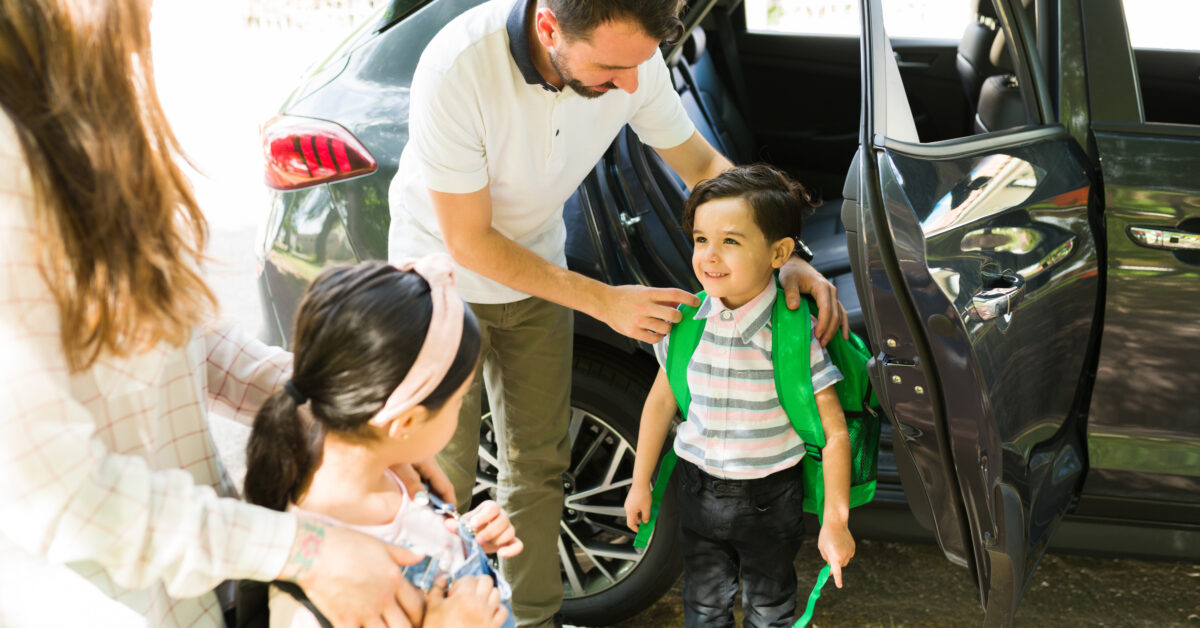Many parents organize carpools to get their kids to and from school. Carpools offer many benefits, including helping working parents meet their job responsibilities and limiting the number of vehicles crowding the drop-off area at school. However, parents have many carpool safety factors to consider before entrusting someone else with their child’s school transportation.
Legal Considerations When Selecting Carpool Partners
Consider these factors before joining a local carpool:
- The driver’s safety behind the wheel: You should feel confident that a carpool partner is a safe driver. Verify that they have a valid driver’s license, and don’t be shy about your expectations regarding cell phone use behind the wheel.
- Insurance coverage: Confirm that your prospective carpool partner has auto insurance coverage that protects passengers. You may also want to confirm that the carpool partner’s insurance policy doesn’t exclude coverage for carpool activities, especially if you compensate them for their services.
- Background checks: Besides checking a carpool partner’s driving record, you may want to conduct a criminal background check to ensure that the partner has no arrests or convictions, including for violent offenses, sex crimes, or crimes against children.
Child Passenger Safety Laws: Navigating Regulations for a Safe Ride
Carpool drivers must familiarize themselves with the child passenger safety laws and recommendations in their state. General tips for drivers include:
- Limit the number of children you transport to the number of seat-belt-equipped seats in your vehicle.
- Ensure all children ride in car or booster seats appropriate to their age and height/weight.
- Keep all children under 13 in the back seat.
- Turn off the front airbag if a young child must ride up front. They should still be secured in an appropriate car seat or booster seat.
- Learn how to install each child’s safety seat.
- Only start moving after verifying that each passenger is buckled up.
Emergency Preparedness for Carpool Drivers: Legal Aspects and Liability
Carpool drivers should also develop contingency plans for emergencies while carpooling. First, drivers should have each family execute a carpool contract or carpool liability waiver form. Although a liability waiver may not have much legal effect, a contract or waiver can contain critical information a driver may need if an accident occurs, including each child’s parental or emergency contact information, health insurance information, or critical medical information.
A contract will keep families on the same page by having a documented, consistent procedure ensuring carpool school drop-off safety. An agreed-upon plan will avoid misunderstandings or potentially dangerous mistakes. The plan should also include communication procedures in case of emergency, such as a car accident, a medical emergency, or a child going missing from pick-up or drop-off.
Contact Stewart Law Offices to Protect Your Child’s Safety
Were you involved in a car accident while carpooling children to school? You may have the right to pursue a legal claim against the party responsible for the crash. Compensation can be fought for physical and emotional injuries such as PTSD from a car accident. Contact Stewart Law Offices today for a free, no-obligation consultation with a carpool accident attorney.

